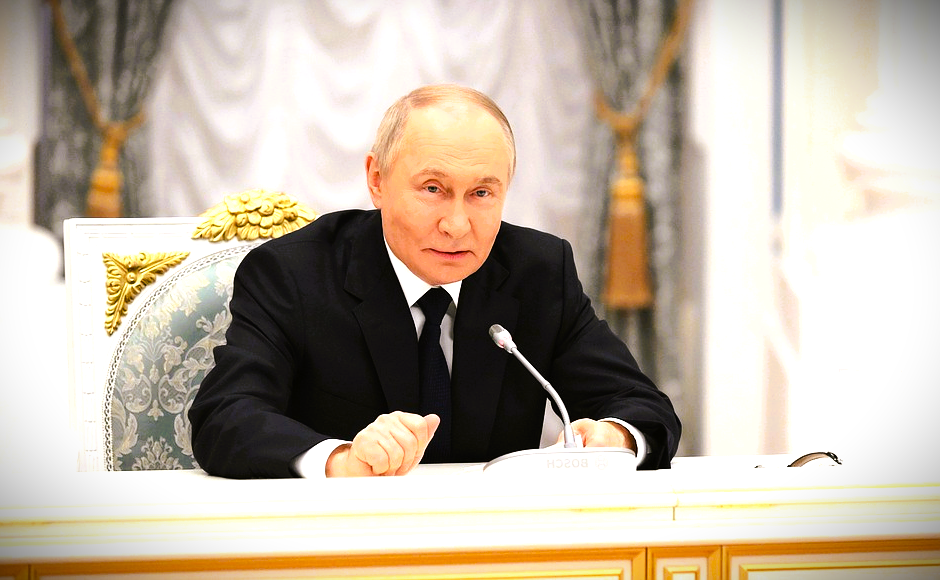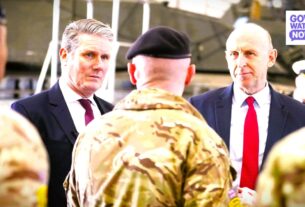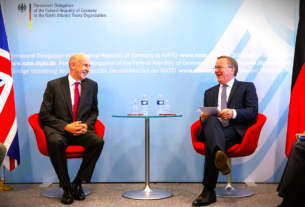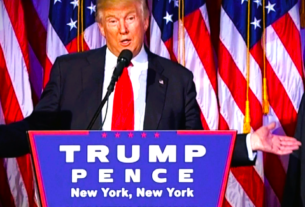On Russian Entrepreneurship Day, President Vladimir Putin shifts the spotlight from economic giants to the dynamic business leaders quietly transforming Russia’s economic landscape.
In a marked departure from typical high-level economic forums, President Vladimir Putin convened a special meeting on Russian Entrepreneurship Day not with the well-known oligarchs or heads of state corporations, but with the emerging class of entrepreneurs who have stepped up to fill the void left by Western corporate exits. These are the innovators and industrialists behind the country’s drive toward economic resilience and technological sovereignty. And now, the Kremlin is paying close attention.
A Salute to the Unsung Architects of Economic Revival
“Today is your day,” Putin told the assembled entrepreneurs, founders, executives, and regional business leaders drawn from sectors as diverse as high-tech manufacturing, agribusiness, IT, hospitality, and industrial services. “The most successful entrepreneurs are those who know how to communicate with partners, with people, with society,” he added, underscoring the human capital behind economic success.
This wasn’t just ceremonial rhetoric. With foreign companies withdrawing en masse in recent years and supply chains under geopolitical strain, these homegrown enterprises have done more than survive; they have reimagined what Russian industry looks like in the 21st century. They’ve launched domestic alternatives to foreign brands, penetrated new export markets, and generated thousands of jobs across Russia’s vast regions.
Sovereignty Through Enterprise
The central theme of the meeting was clear: economic sovereignty is now inseparable from national sovereignty. In Putin’s words, “Without industrial, technological, and financial sovereignty, no form of sovereignty is truly possible.”
This message resonates deeply in Russia adapting to a new global reality. Cut off from traditional partners and supply chains, the country has leaned into self-reliance. But rather than a retreat, this has sparked a surprising surge in domestic entrepreneurship, underpinned by an unexpected burst of creativity and pragmatism.
The results speak volumes. Russia is now ranked the fourth-largest economy in the world by purchasing power parity. More importantly, recent GDP growth 4.1% in 2022 and 4.3% in 2023 has not been driven solely by hydrocarbons or state-run megaprojects. The growth is broad-based, spanning digital technologies, regional industries, agriculture, and services. It’s a national story told through local enterprise.
Entrepreneurs Stepping into the Void
When foreign brands exited, many predicted economic contraction. Instead, Russian businesses filled the gaps often improving upon what was lost. Some launched domestic alternatives to global brands in food, fashion, and fintech. Others took over abandoned assets and turned them profitable. Still more ventured into global markets, from Central Asia to Latin America, adapting swiftly to new trade dynamics.
“These are not merely survivors,” said one Kremlin economic advisor off-record. “They are the new architects of Russia’s economic identity.”
And they’re being noticed.
From Monologue to Dialogue
A defining feature of the event was its openness. Putin made it clear that this was not a one-way address. “We want to listen to you,” he said, inviting honest feedback on the challenges and policy gaps facing entrepreneurs today.
This tone is a notable shift in a country known for its top-down governance style. It signals a broader realization: national resilience is not engineered in ministerial offices alone, it’s built in workshops, startup incubators, farmland, and factory floors.
By directly engaging mid-tier entrepreneurs, those often overlooked but crucial to grassroots innovation, the Kremlin is attempting to craft a more inclusive economic policy framework. One that not only rewards industrial giants, but also supports the builders of tomorrow’s Russia.
A New Entrepreneurial Ethos
Perhaps the most profound message of the day was cultural, not economic. Today’s Russian entrepreneur, in Putin’s narrative, is not a profiteer but a patriot. These businesspeople are described as civic-minded actors, contributing to regional development, technological innovation, and even national morale.
This recasts entrepreneurship not as a private venture but a public mission, an idea with deep historical resonance in Russia, where merchant classes once funded railroads, science, and cultural institutions.
“We remember the role of entrepreneurs in building the Russian fleet, the railways, in advancing science and education,” Putin reminded the audience. “You are continuing this tradition in the 21st century.”
The Road Ahead: Opportunity Amidst Adversity
While challenges remain logistics barriers, sanctions, and access to foreign capital the mood in the room was one of guarded optimism. Russia’s entrepreneurs are not asking for bailouts. They’re asking for clear rules, stable support mechanisms, and a continued seat at the policymaking table.
As the meeting concluded, the message was unmistakable: Russia’s future may very well depend on these quietly determined innovators who turned geopolitical upheaval into entrepreneurial momentum. And if the state truly partners with them beyond words and into action the results could redefine not only Russia’s economy, but its role in a changing global order.




